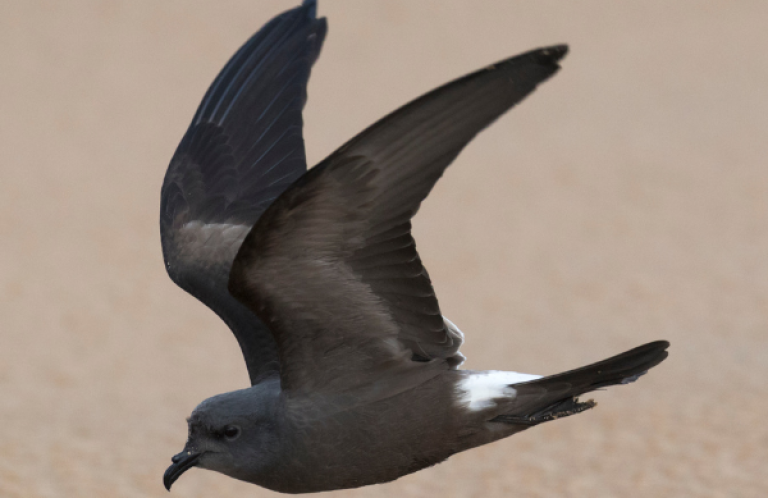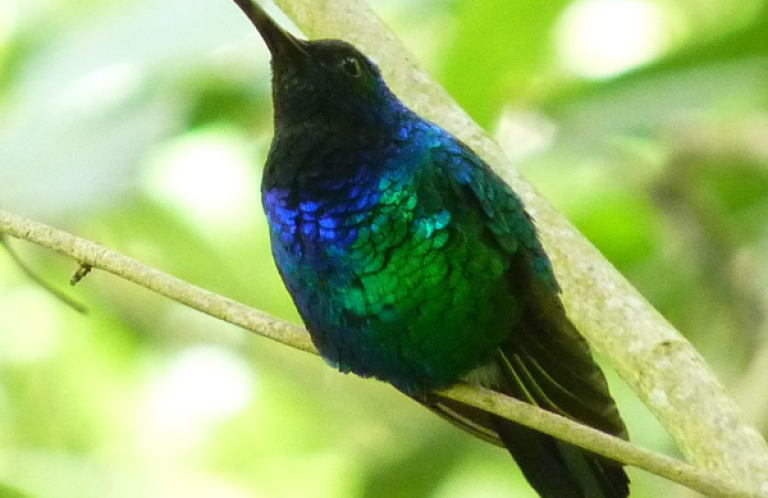Pesticide Manufacturer Contests EPA Decision to Ban 12 d-CON Products
 |
| Red-tailed Hawk by Owen Deutsch |
(Washington, D.C., March 7, 2013) Pesticide manufacturer Reckitt Benckiser yesterday formally appealed the January 30 action by the US Environmental Protection Agency (EPA) seeking a federal ban on the sale of 12 d-CON mouse and rat poison products.
In submitting its request for a hearing by an Administrative Law Judge, Reckitt Benckiser is engaging in a legal battle with EPA that could drag on for four or more years. Until the case is resolved, Reckitt Benckiser will be allowed to continue marketing d-CON rat poisons despite the products' “unreasonable risk” to people, pets, and wildlife.
“D-CON is buying time through each layer of administrative and judicial review. It is fighting a losing battle, but every extra day on the market is money in the bank for this multinational conglomerate,” said Cynthia Palmer, Pesticides Program Manager for American Bird Conservancy (ABC), one of the nation's leading bird conservation organizations.
“Currently it's no more difficult to walk into Walmart and buy d-CON pellets than it is to buy a pack of bubble gum. EPA has good reason to get these super-toxic poisons out of the retail stores. The agency‘s painstaking and meticulous evaluation makes clear that d-CON products pose an unreasonable risk and that safe, effective, and economical alternatives are available.” ABC has advocated for the common-sense solutions outlined in EPA's cancellation decision.
EPA's January decision followed its draft Notice of Intent to Cancel issued in 2011. That notice was based on the agency's 2008 Risk Mitigation Decision, which ordered companies to re-formulate their rat-poison products in protective bait stations and to stop marketing “second generation” anti-coagulants – brodifacoum, bromadiolone, difethialone, and difenacoum – on the consumer market, instead limiting their sale to large containers from agricultural stores.
EPA gave manufacturers three years to conform. Most companies acted responsibly and made the necessary adjustments. But the $37 billion company Reckitt Benckiser, maker of products ranging from Woolite and Lysol to French's Mustard, chose to fight the EPA's science-based conclusions. The company has continued to sell its d-CON poisons as loose pellets and pastes and to peddle to residential consumers the most toxic formulations.
The degree of d-CON's recalcitrance is unparalleled in recent history. When EPA issues a Risk Mitigation Decision under the Federal Insecticide, Fungicide and Rodenticide Act (FIFRA), it is standard practice for companies to comply. As ABC's Palmer explains, “Sometimes the affected industries negotiate a compromise. But to outright refuse to conform to a Risk Mitigation Decision under FIFRA, and then to tie up the agency in years of administrative and judicial proceedings, has not happened in more than 20 years.”
“ABC is calling on d-CON's manufacturer, Reckitt Benckiser, to drop its legal challenge rather than engage EPA in a lengthy and fruitless appeals process that will stall needed protections for kids, pets, and wildlife,” said Palmer. “It is time for d-CON to put children's health and animal welfare above corporate profits and to follow the rules like every other rat-poison manufacturer.”
To prevent rodent infestations, experts recommend sealing off holes and cracks around buildings and cutting off rodents' access to food sources and nesting sites, wherever possible. Snap traps, live traps, electronic traps, and other alternatives to d-CON are available that do not employ second-generation poisons.


















































